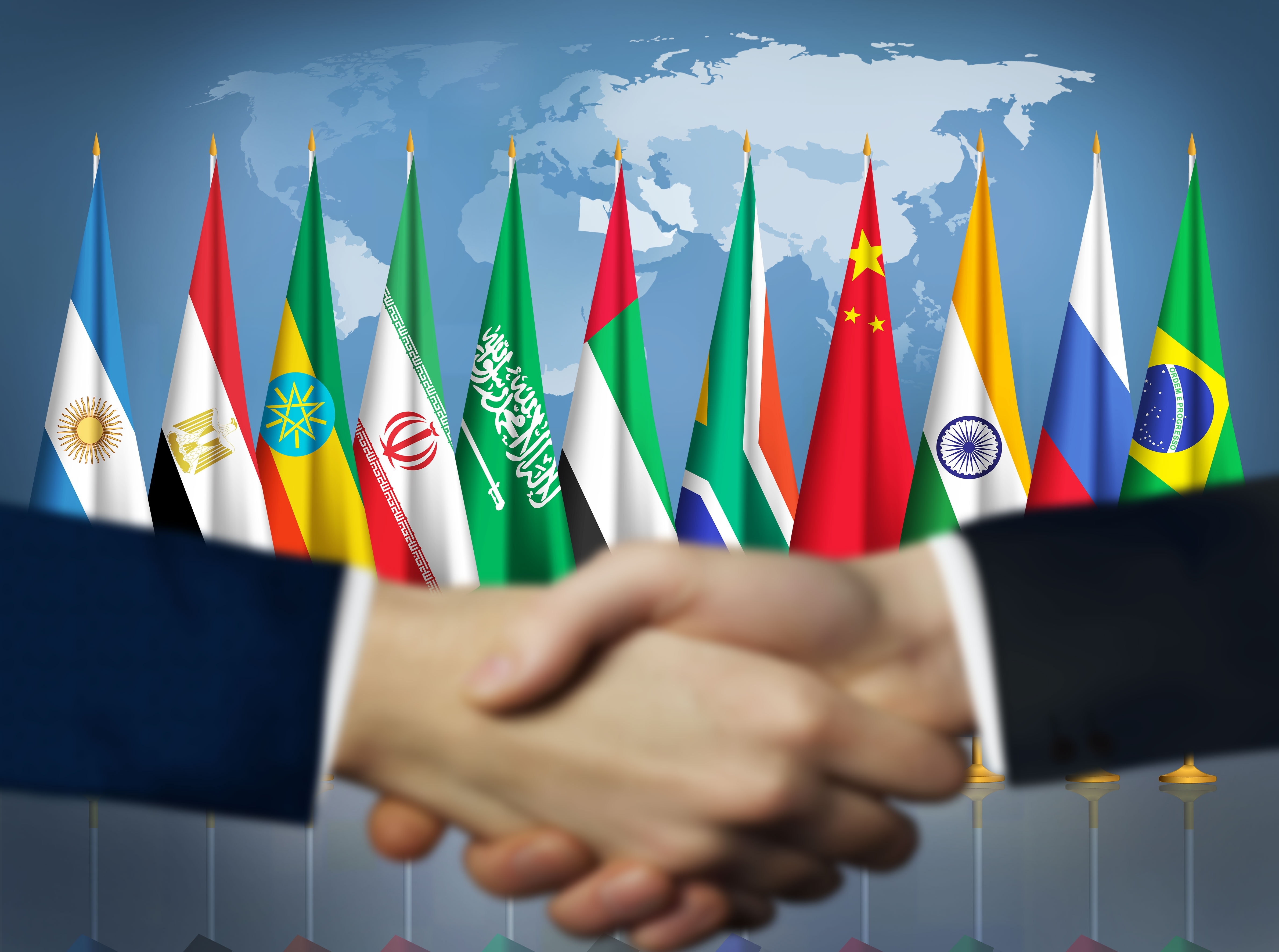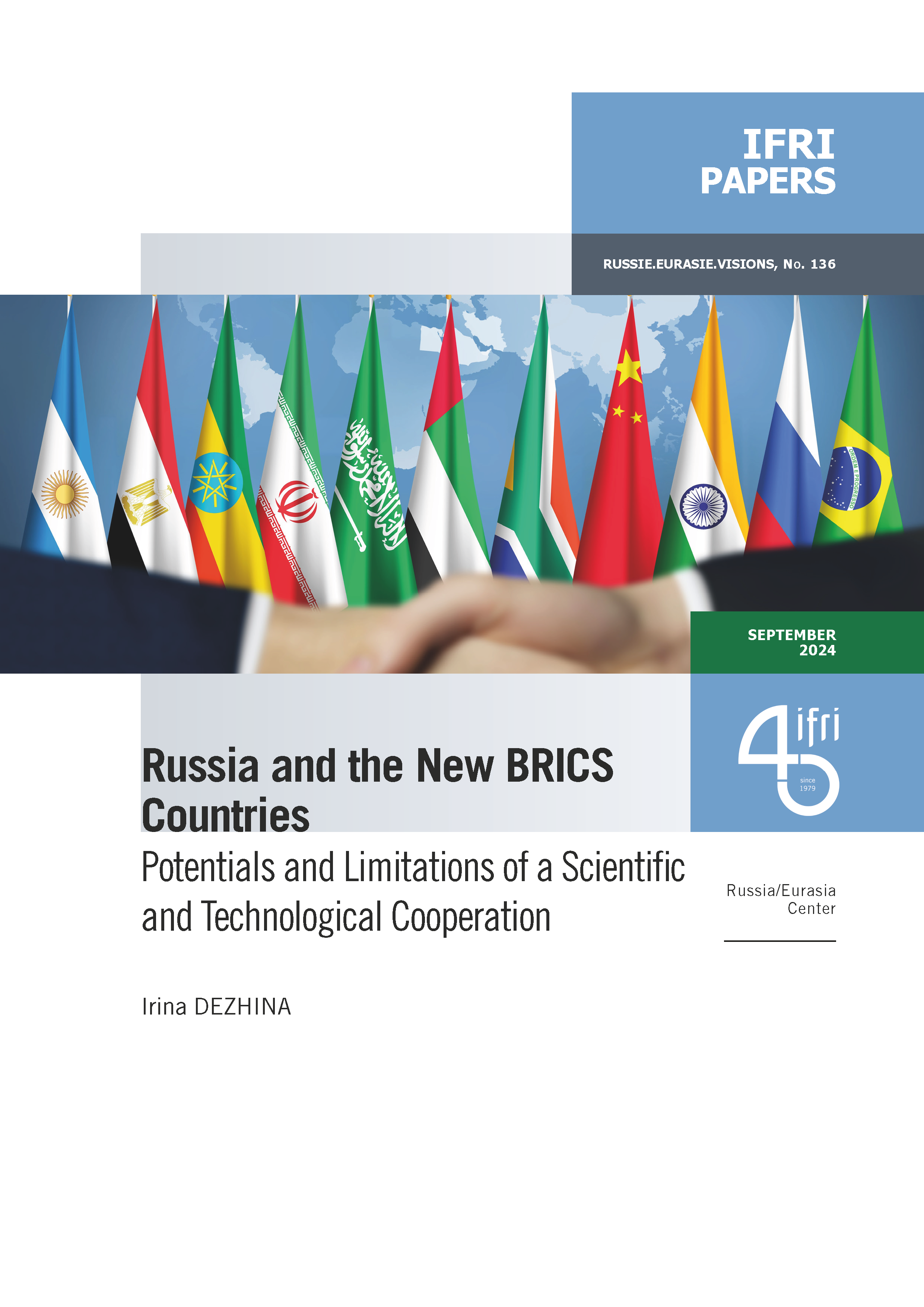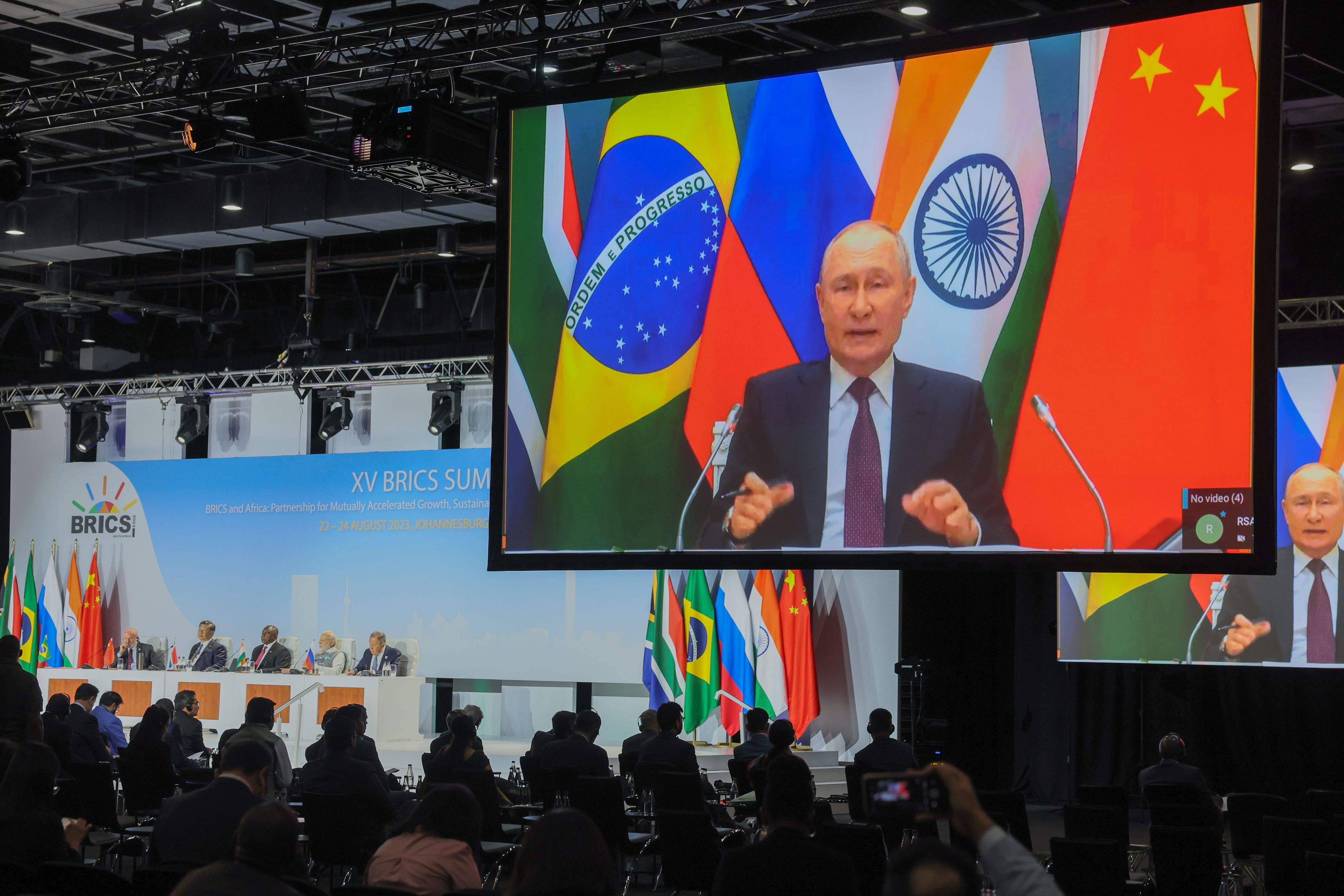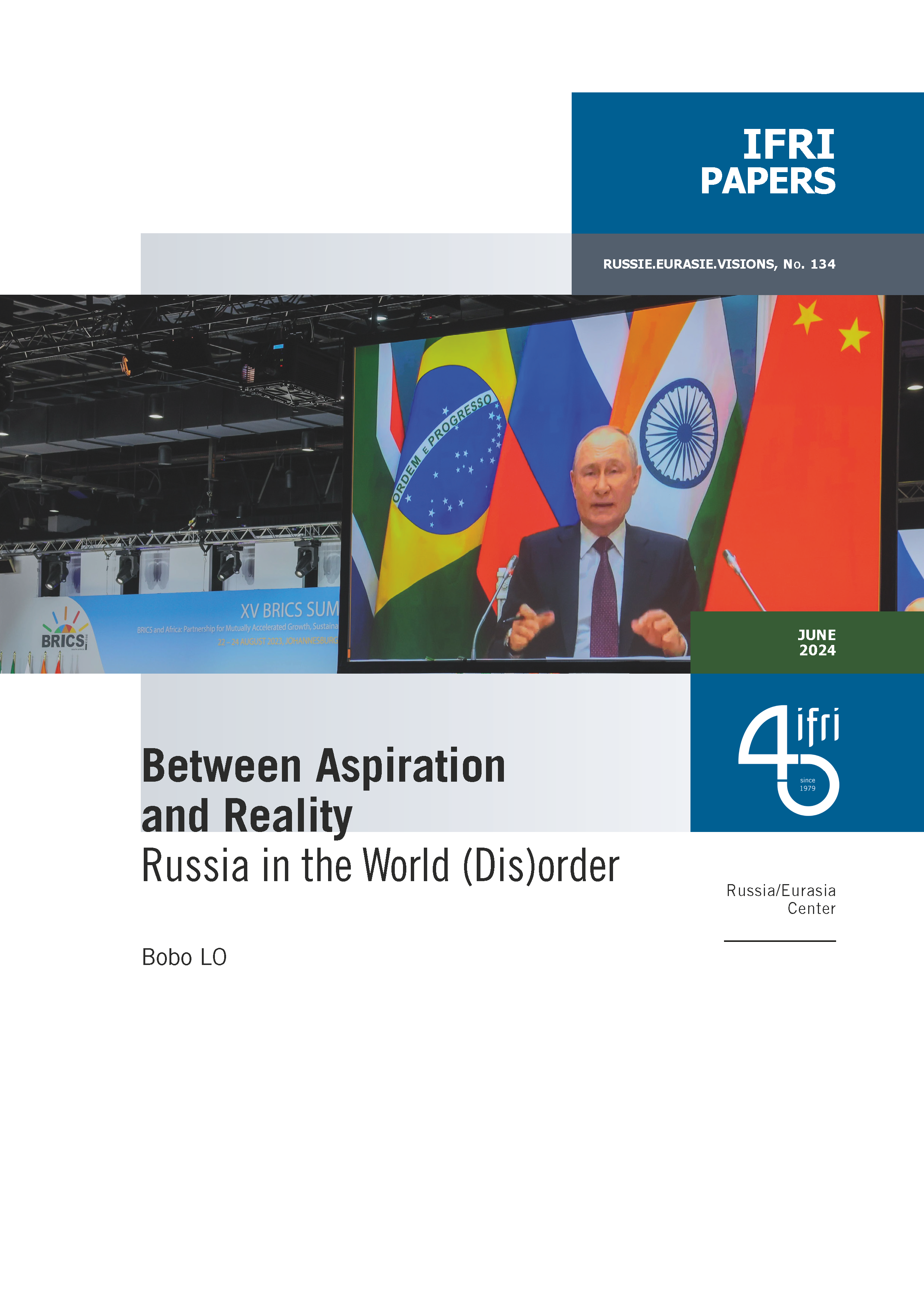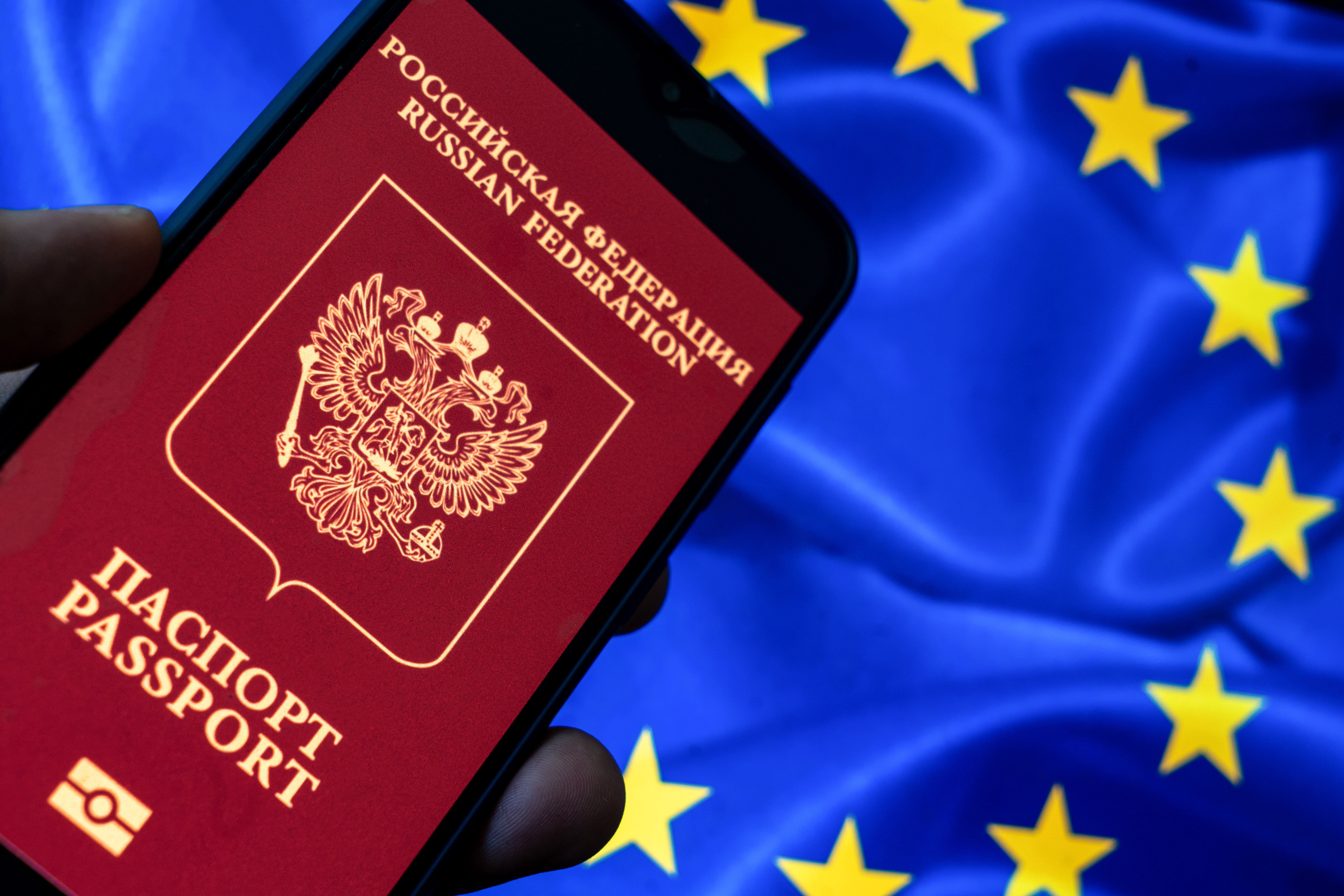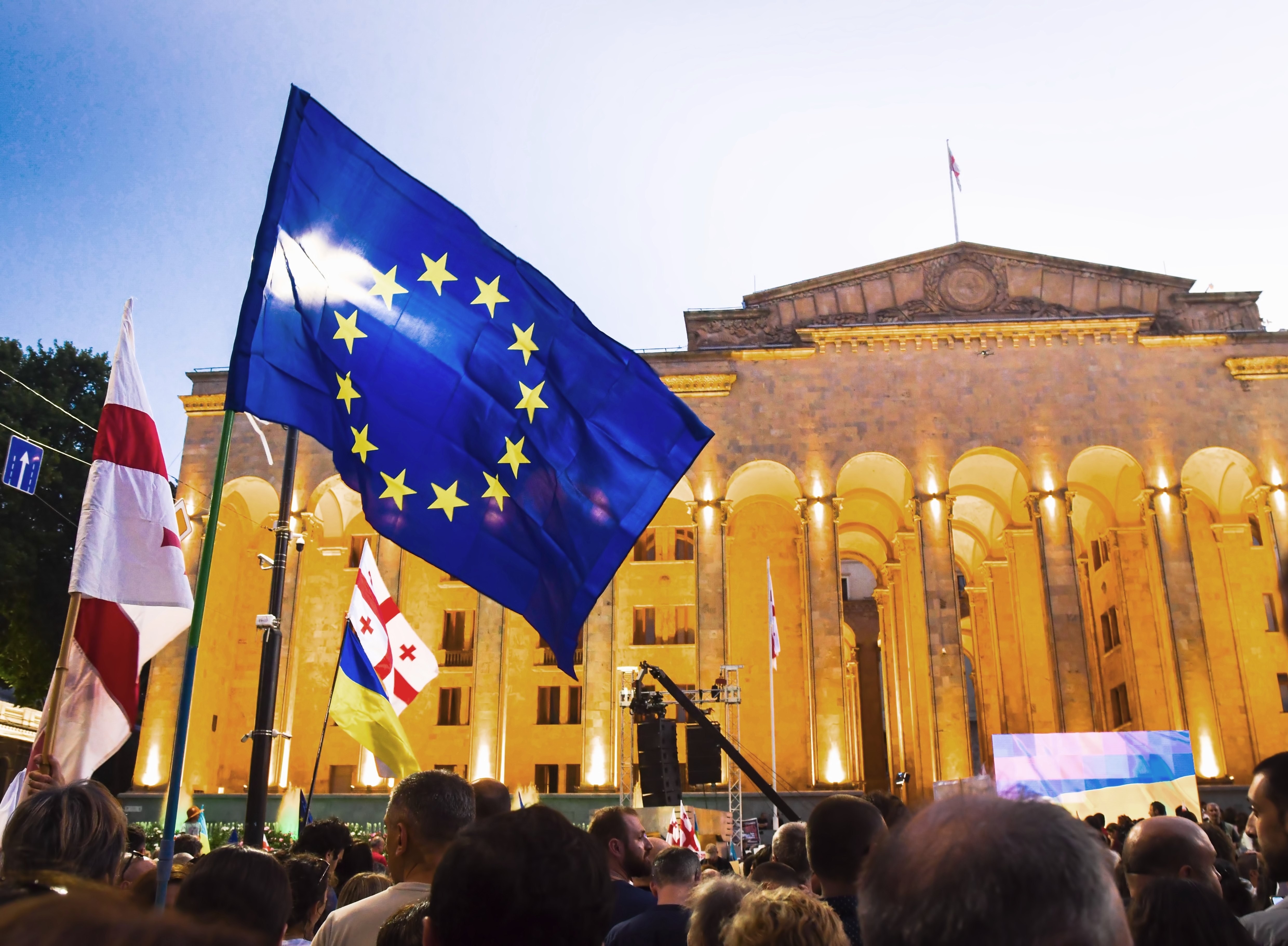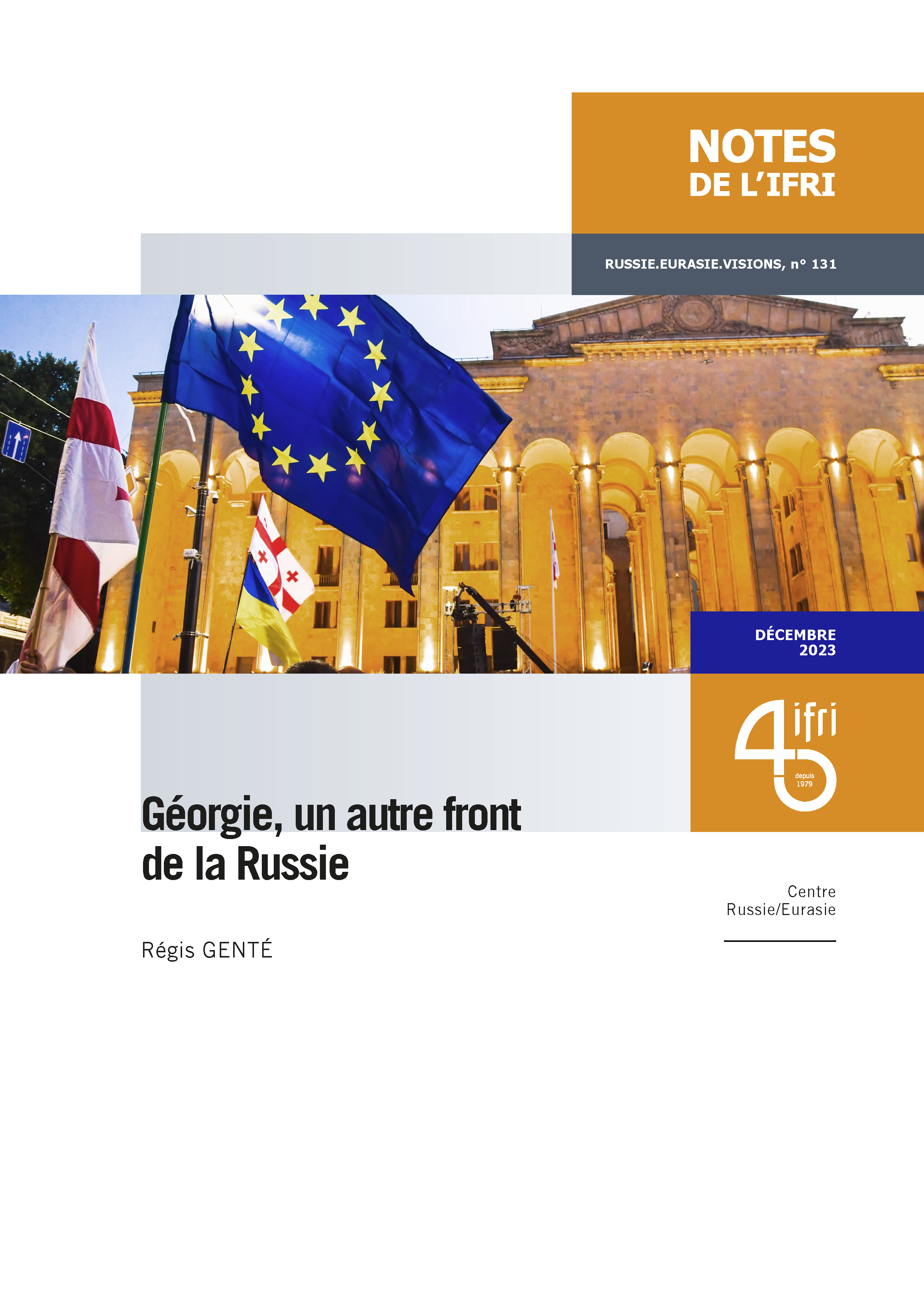Russia/Eurasia Center
Founded in 2005 within Ifri, the Russia/Eurasia Center conducts research and organizes debates on Russia, Eastern Europe, Central Asia, and the South Caucasus. Its goal is to understand and anticipate the evolution of this complex and rapidly changing geographical area in order to enrich public discourse in France and Europe and to assist in strategic, political, and economic decision-making.
Read more


Director of the Russia/Eurasia Center, Ifri
Publications
See all our interventions
Flagship Publications
Titre Bloc Axe
Research Areas
See all our interventions
Titre Axe de recherche
Russian Economy and Society
The Economy and Society research axis within Ifri's Russia/Eurasia Center is interested in economic questions including the impact of Western sanctions on the Russian economy as well as the evolution of society (demography , middle classes, youth, education, opposition, militarization, protest movements, etc.).

Titre Axe de recherche
Russian Domestic Politics
The Domestic Politics research axis within Ifri's Russia/Eurasia Center analyzes Russian domestic politics, the evolution of the political system and its elites, as well as their relations with society.

Titre Axe de recherche
Russian Foreign Policy and Defense
The Foreign Policy and Defense research axis within Ifri's Russia/Eurasia Center examines Russia's relations with the former Soviet republics and the rest of the world, particularly the West and China. A specific importance is given to defense and security issues.
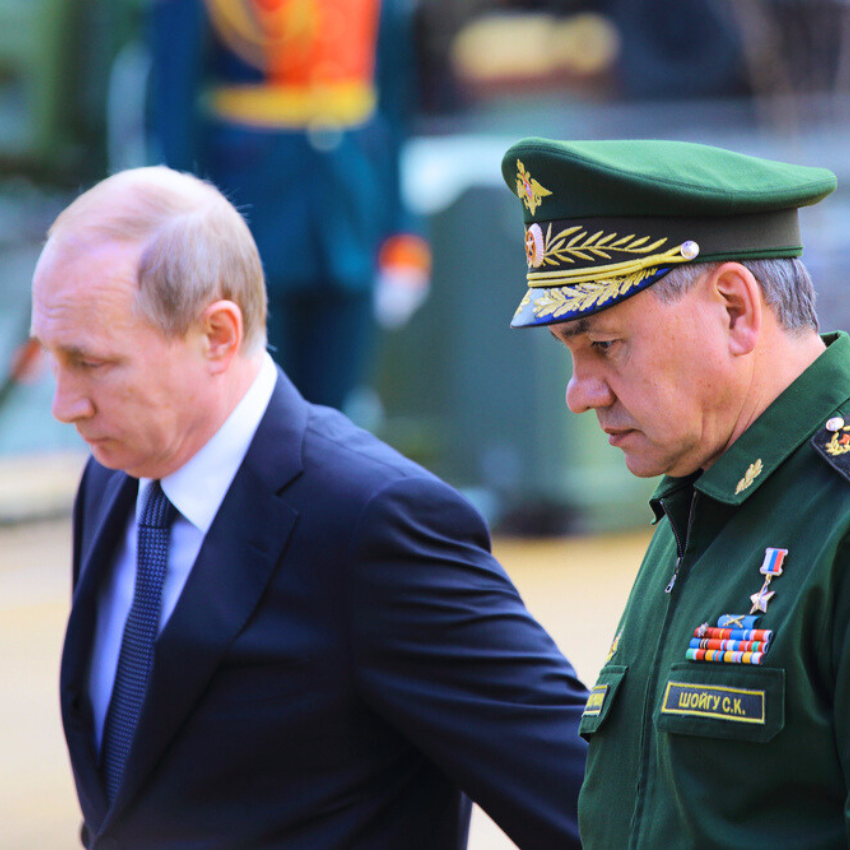
Titre Axe de recherche
Eurasia
The Eurasia research axis within Ifri's Russia/Eurasia Center analyzes internal developments in Ukraine, Moldova, Belarus, Georgia, Armenia, Azerbaijan, Kazakhstan, Uzbekistan, Turkmenistan, Tajikistan and Kyrgyzstan, as well as their relations with the Russian Federation and other regional and global powers.
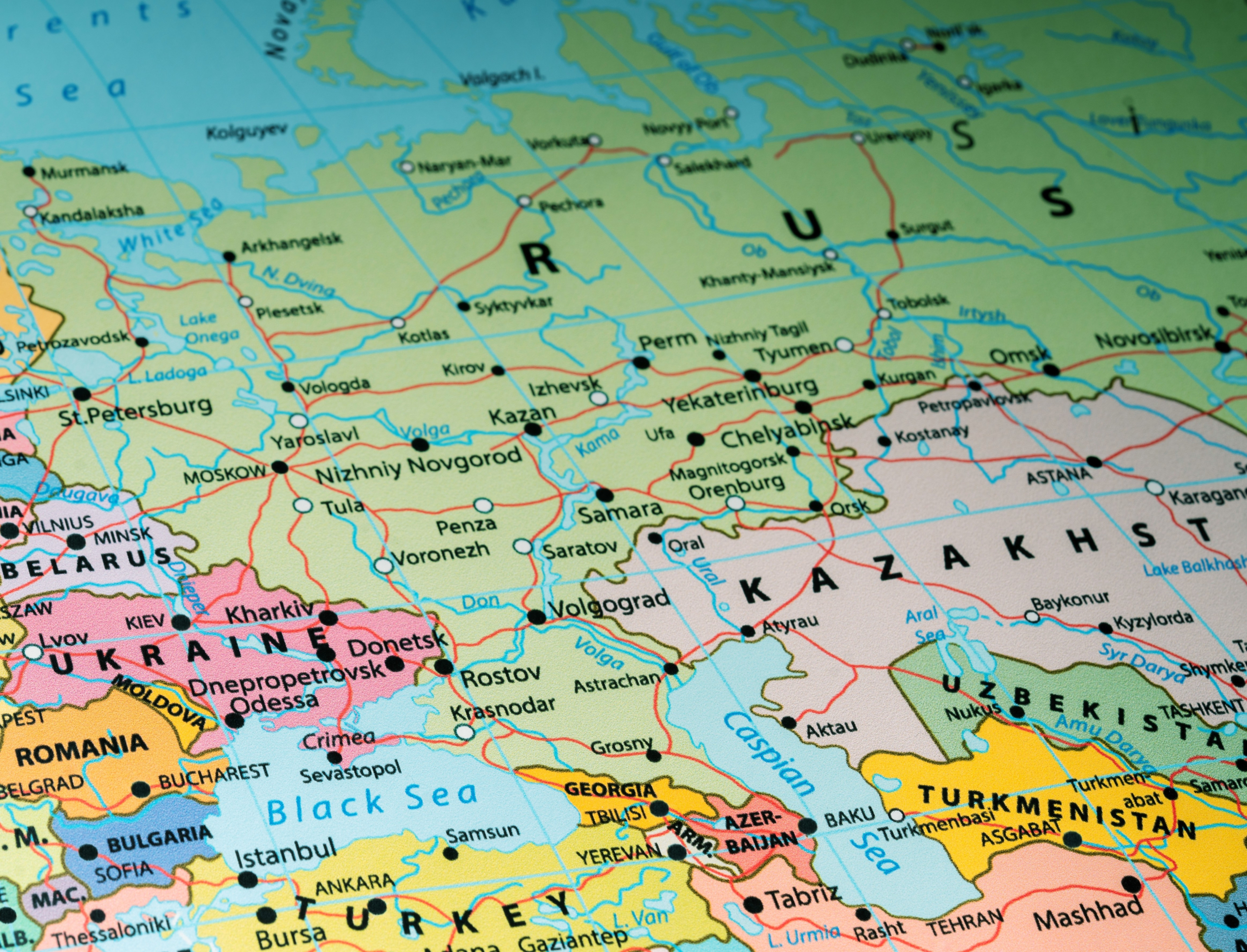
Publications
Developing Research in Russian Universities
This article addresses the key features and the state of research in Russian higher education establishments. It examines measures taken to support research in universities and to integrate R&D with higher education since the fall of the Soviet Union.

Russian Civil-Military Relations: Is There Something New with Medvedev ?
How the Chinese See Russia
This essay examines Chinese attitudes toward Russia as a great power, neighbor, partner and competitor.
Israel's Immigrant Parties: An Inefficient Russia Lobby
Since 2009 the influence of immigrant party Israel Beiteinu on foreign and security policy in Israel has grown. The party won 15 seats in the 2009 parliamentary elections and its leader, Avigdor Lieberman, became the Minister of Foreign Affairs.
Syria: Russia's Best Asset in the Middle East
Russia's foreign policy towards Syria and the Greater Middle East is generally not aggressive. It is a defensive policy aimed mainly at developing its traditional political and economic interests in the region and protecting its Southern borders.
Russia's Far East Policy: Looking Beyond China
Russian writers like Dmitri Trenin have called developing the Russian Far East (RFE) a civilizational task. At the same time Moscow has acknowledged that developing the RFE is the foundation for any successful Russian claim to an independent great power status in Asia.
Results of the "Reset" in US-Russian Relations
The administrations of Barack Obama and Dmitry Medvedev have committed to a process of "resetting" US-Russian relations on a foundation of mutual interests and pragmatic collaboration.
From Moscow to Mecca: Russia's Saudi Arabian Diplomacy
Relations between Russia and Saudi Arabia have never been as friendly as they were in 2009. After years of tension over Saudi support for Islamist fundamentalism in the post-Soviet space and Russia's proximity to Iran and Iraq, Moscow and Riyadh have progressively moved closer to each other.
Russia and Turkey: Rethinking Europe to Contest Outsider Status
International relations in Europe are now entering a period of flux as the legacy of the cold war wanes and the "outsider" countries, notably Russia and Turkey, are rethinking their mutual relations as well as their place in the world.
Europe in Russian Foreign Policy: Important but no Longer Pivotal
It is now necessary to ask ourselves what place Europe holds in Russian foreign policy, given the recent developments in the latter. Indeed, Europe is by far Russia's most important partner. Nevertheless, Russia is developing a discourse of emerging state, in order to highlight the rapid loss of influence of Europeans in global affairs.
The Team

Our research fellows: Russia/Eurasia Center
Support independent French research
Ifri, a foundation recognized as being of public utility, relies largely on private donors – companies and individuals – to guarantee its sustainability and intellectual independence. Through their funding, donors help maintain the Institute's position among the world's leading think tanks. By benefiting from an internationally recognized network and expertise, donors refine their understanding of geopolitical risk and its consequences on global politics and the economy. In 2024, Ifri will support more than 70 French and foreign companies and organizations.






